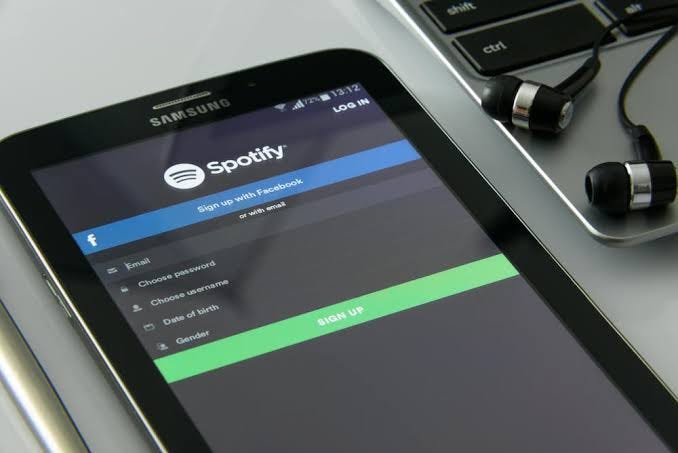Spotify Audiobook Bundling: A Win for Listeners, But At What Cost to Creators?
Since Spotify’s October 2023 entrance into the audiobook market, the platform has opened a new chapter in the way listeners access and consume books. With 15 hours of audiobook listening included in its premium package, Spotify’s move brings the ease of streaming from music to literature. However, this bundling approach has sparked a fresh wave of controversy, as both the music and publishing industries grapple with reduced royalties and changing intellectual property agreements. What might these shifts mean, particularly within creative ecosystems in regions like Africa?
The Collision of Books and Music on Streaming
Spotify’s entry into audiobooks is not just about creating a new service—it’s fundamentally reshaping the platform’s financial model. By bundling audiobooks with music under a single premium subscription, Spotify has effectively merged two distinct types of creative content, resulting in royalty adjustments. The National Music Publishers’ Association, representing U.S. songwriters and music publishers, has already filed a complaint, highlighting concerns that the shift will cut songwriter royalties by as much as $150 million over the coming year. The bundling reclassification effectively permits Spotify to pay reduced royalties for both music and books, sparking discontent among stakeholders across creative industries.
For African artists and authors, this issue may be especially pronounced. Royalties represent a critical revenue stream for many creators, particularly in an environment where alternative income opportunities may be limited. The reduction in royalty payouts could make it harder for African songwriters and publishers to gain fair compensation on global streaming platforms, putting additional pressure on local content creators already working within a challenging financial landscape.
Authors in the Crossfire: Intellectual Property at Risk
For authors, the introduction of audiobooks into Spotify’s ecosystem adds a layer of complexity. With platforms like Audible already dominating the audiobook market, authors rely on fair royalties and clear intellectual property rights to maintain creative control. Spotify’s recent update to its Findaway Voices service, where authors may now be required to grant Spotify broad licensing rights over their work, raises questions about the preservation of those rights. The language in Findaway’s terms has since been softened, but the initial reaction revealed a vulnerability for creators whose work could be leveraged beyond their control.
For Africa’s growing community of writers, this change could have significant implications. Spotify’s approach to audiobook royalties, distribution, and potential AI-driven derivative works poses new challenges for authors aiming to reach global audiences. Many African authors have been increasingly turning to digital publishing platforms to distribute their work to international readers; however, Spotify’s broad rights could reduce their influence over the use of their content in ways that they hadn’t initially agreed to.
Navigating the Shifting Landscape for Audiobook Distribution
The convenience of streaming has fueled a surge in audiobook consumption, and this trend shows promise across Africa. Audiobooks offer accessibility advantages, especially for those with disabilities like vision impairment or learning challenges, enabling more people to enjoy literature. However, as large tech companies take on increasing control over distribution, there’s a pressing need to consider the impact on local creative economies. Platforms such as Borrowbox and Libro.fm, though less accessible globally, provide fairer compensation structures by partnering with local publishers and bookstores. They may be smaller-scale alternatives to Audible or Spotify, but their model could help build sustainable local book industries and preserve African cultural narratives.
Building an Ecosystem That Works for Creators
If African publishers, writers, and songwriters are to thrive in the streaming age, they’ll need platforms that honor fair compensation, transparent rights agreements, and respect for intellectual property. Equally important, policymakers could work with industry leaders to ensure regulations align with local creative interests.
The debate surrounding Spotify’s audiobook bundling shows that while technology can expand access to creative works, it’s essential to maintain balance—ensuring that creators, both in Africa and beyond, are empowered rather than sidelined by these advancements.






